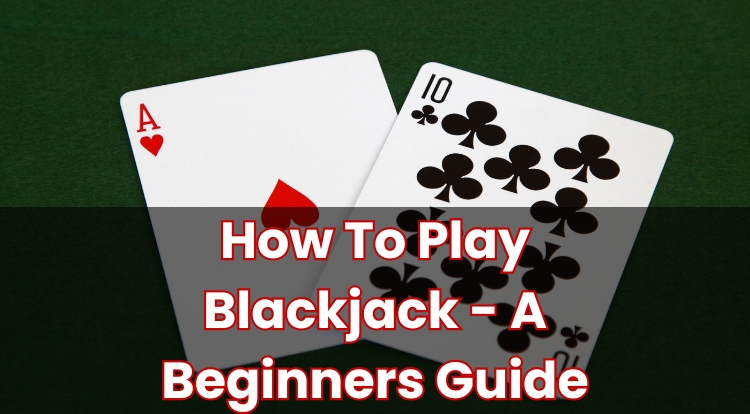What Is A Hit & Run In Poker?
Poker is a card game played by people all over the world. There are many terms that may be beneficial to know if you plan to play poker. One term that has generated much discussion among poker players is “hit and run”.
In this blog post, we will explore what a hit and run in poker means and why some players may choose this strategy. More importantly, we’ll explore the impact it might have on the game and other players.
What Is Hit & Run In Poker?
In poker, a “hit and run” refers to when a player wins a significant amount of money at the table and then leaves shortly afterwards. This action is typically seen in cash games, where players have the flexibility to leave whenever they choose.
The term “hit and run” might sound straightforward, but its potential impact on the table dynamics is worth noting. Other players may see it as a disruptive move, particularly if someone pulls off a big win and leaves, potentially affecting the flow of the game.
While it is entirely within a player’s right to leave the table at any time, including after a significant win, some players feel it is courteous to continue playing for at least a little while longer. However, this decision is always up to the individual, and responsible gambling should be at the forefront of all players’ choices.
A hit and run highlights the potential importance of understanding how different actions might be regarded by others at the table. That being said, it’s key for each player to decide their own limits and make choices that align with their own comfort while considering the atmosphere of fair play and good sportsmanship.
Hit & Run Poker Example
Imagine a poker game taking place at a local casino or online. There are several players at the table, and each has bought in for £100. Among them is a player who has just arrived and takes a seat.
After playing a few hands cautiously, this player is dealt a particularly strong hand. As the betting progresses, they decide to play aggressively. By the end of the hand, they manage to win a significant pot, collecting £200 from the other players.
Now holding a substantial profit, this player decides to leave the table almost immediately. This decision to leave quickly after a big win is what is commonly referred to as a “hit and run” in poker terms. Other players at the table may have been anticipating further play, but this scenario highlights how a player might choose to leave once ahead.
Why Is It Called Hit & Run?
The term “hit and run” in poker is derived from common usage, where it generally describes a situation in which someone acts swiftly and then leaves immediately. In the context of poker, it describes how a player might quickly win a pot and then choose to leave the table.
The “hit” part of the phrase reflects the moment a player wins a sizeable amount of money. The “run” indicates their swift departure from the table, often leaving other participants to reshuffle and adjust to the sudden change in the game.
This action might be seen differently depending on the setting and the other players involved. While some players accept it as a part of the game, others may view it as an unexpected disruption.
Is Hit & Run Considered Bad Etiquette?
In poker, etiquette refers to the unwritten rules that guide player behaviour at the table. A hit and run, which involves leaving soon after winning a substantial pot, is sometimes viewed unfavourably by other players.
The primary concern is that it might disrupt the flow of the game. Other players may have been hoping for extended play, especially if they are hoping to have the chance to recoup their losses.
However, opinions vary, and not everyone views it in the same light. Some players believe that every participant has the right to manage their own time and money in a way that best suits them.
Ultimately, whether a hit and run is considered bad etiquette may depend on the perspectives of those at the table. A helpful approach may be to balance individual preferences with the atmosphere of the game. This consideration for others helps contribute to a fairer experience for everyone involved.
Responsibly managing one’s actions and being mindful of the gaming environment are key aspects of playing poker with good etiquette. However, a player’s own budget and limits should be the most important consideration.
*The information provided in this blog is intended for educational purposes and should not be construed as betting advice or a guarantee of success. Always gamble responsibly.





